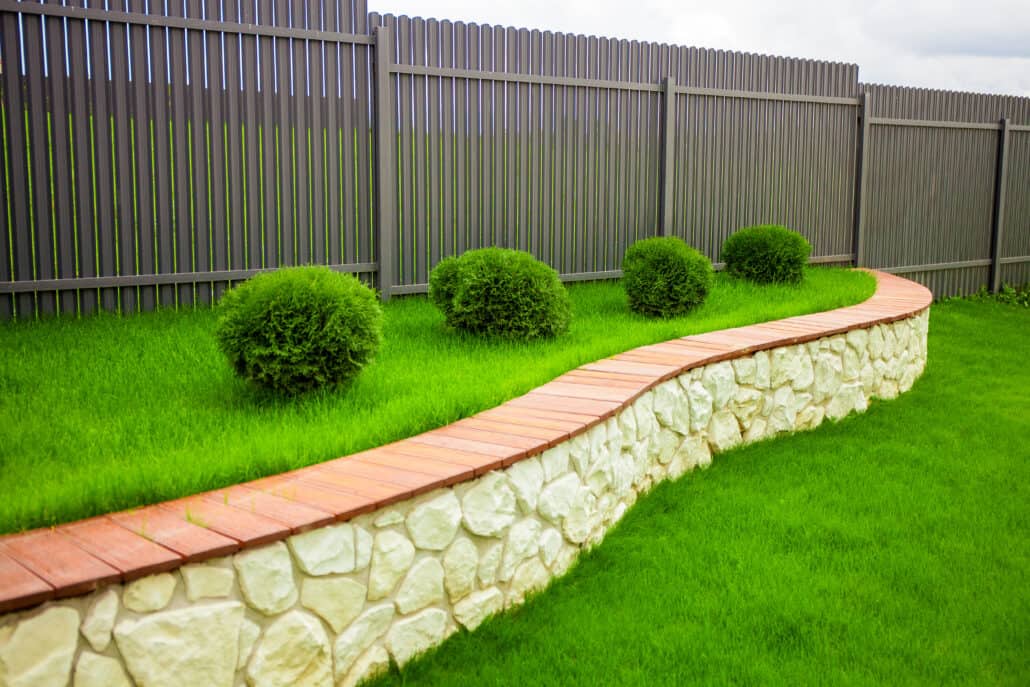All Categories
Featured

When mounting a fence, choosing the right product is essential to stabilizing capability, visual appeals, and budget plan. Timber, plastic, and aluminum are among one of the most typically chosen fence products, each with its downsides and strengths. This overview explores the benefits and drawbacks of these choices to assist you make an educated decision.

Wood Secure Fencing. Pros:. Natural Elegance: Wood's classic charm can boost any type of home with its warm and traditional look. Customizable: You can repaint, tarnish, or sculpt timber to fit your design preferences. Cost effective: Wood fence is at first a lot more budget-friendly compared to some various other products. Ecologically Friendly: As a sustainable source, wood is naturally degradable and typically taken into consideration environment-friendly. Disadvantages:. Maintenance-Intensive: Regular sealing, painting, or staining is required to avoid damage from weather condition and parasites. Prone to Decay: Without correct care, wood can rot, warp, or crack gradually. Shorter Life expectancy: On average, timber fences last 10-15 years, relying on the kind of wood and maintenance. Wood is a fantastic alternative for those who value aesthetics and agree to buy normal maintenance to preserve its look and longevity.
Plastic Secure Fencing. Pros:. Reduced Upkeep: Plastic needs marginal treatment-- simply occasional cleaning with soap and water. Climate Resistant: It does not warp, rot, or give in to insect damage, making it extremely resilient in different climates. Longevity: Vinyl fencings can last 20-30 years with little to no repairs. Layout Range: Available in a vast array of designs, shades, and textures, including wood-like looks. Cons:. Higher First Expense: Vinyl fencings are more pricey upfront contrasted to wood. Susceptability to Cold: In incredibly winter, plastic can end up being prone and weak to fracturing. Minimal Repair Options: Matching replacement panels can be challenging if damages occurs. Vinyl fence is suitable for house owners looking for a durable, low-maintenance service that provides modern adaptability.

Light Weight Aluminum Secure Fencing. Pros:. Rust-Proof: Aluminum withstands rust, making it a superb selection for damp or humid atmospheres. Sturdy: In spite of being light-weight, light weight aluminum is strong and can withstand extreme climate condition. Reduced Upkeep: It needs very little upkeep, commonly only occasional cleansing. Long Life-span: Light weight aluminum fences can last decades without significant degeneration. Sophisticated Style: Usually made use of for ornamental objectives, aluminum fence adds a smooth, sophisticated seek to homes. Disadvantages:. High Preliminary Financial investment: Light weight aluminum fencings are amongst the more expensive options on the market. Much less Privacy: The open designs typical with aluminum fence do not give much privacy. Prone to Damages: While long lasting, aluminum can damage if hit with sufficient pressure. Aluminum is a superb option for homeowners focusing on aesthetics and durability without calling for much upkeep.
Making Your Choice. When making a decision between plastic, wood, or light weight aluminum fencing, consider your top priorities:
Wood matches those who value a natural appearance and do not mind placing in upkeep effort. Plastic is the best alternative for those looking for a low-maintenance, weather-resistant remedy. Aluminum supplies smooth style and resilient longevity but might lack personal privacy. By meticulously assessing these materials' features, you can select a fence that enhances your home while satisfying your practical and visual needs.
Latest Posts
Keep Your Carpet Looking Its Best with Easy, Specialist Treatment
Published Apr 20, 25
1 min read
Experience You Can Trust with Bathroom Fitter Metro Detroit
Published Apr 20, 25
1 min read
Maximize Your Savings Possible with WyHy MAX Money Market
Published Apr 20, 25
1 min read